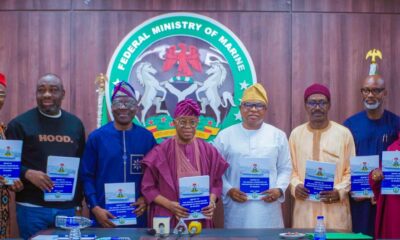By Ezurike Ugochukwu
The over $4.34 billion loan owed Exim Bank of China by Nigeria has been described as nothing short of debt- trap, adding unnecessary burden to the economy of Nigeria and above all wielding ominous control to its economy struggling to recover after falling into recession in 2019 and 2020,
To this end, the United States of America stated her position last Thursday that Chinese loans could give China the ability to sway and perpetually control the largest black nation -Nigerian and her government.
The US Department of State’s document on “Integrated Country Strategies,” dated June 23, 2023 following its authorisation on April 6, 2022 which was sighted by New Telegraph claimed China provided sub-prime funding for a number of infrastructure projects in the nation.
A subprime loan, according to the Corporate Finance Institute, is one that is provided to borrowers who do not meet the requirements for conventional loans at an interest rate above prime.
The text of the letter stated, in part, that “Meanwhile, China offers sub-prime financing for a range of infrastructure projects, with the potential to… add unnecessarily to Nigeria’s debt burden and… increase Chinese influence over the Nigerian government.”
Nigeria as of March 2023 is indebted to Exim Bank of China to the tune of $4.34 billion.
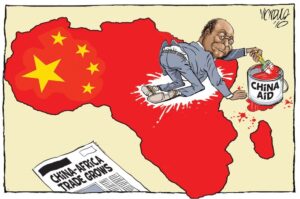 Research report has shown that Nigeria would require another 3 decades to pay off billions of loans that it owes to China if only it does not sink further into more loans from Beijing.
Research report has shown that Nigeria would require another 3 decades to pay off billions of loans that it owes to China if only it does not sink further into more loans from Beijing.
While the most recent study on Nigeria’s railway system from the US-based Fitch Solutions stated in January 2022 that a Chinese business, Chinese Civil Engineering Construction Corporation, managed the majority of railway projects in Nigeria valued more than $25.51bn (N10.5tn).
According to the paper, “Nigeria Rail: Near-Term Focus on Northern Region with Long-Term Upside for Southern Projects,” CCECC was able to manage the majority of the nation’s rail projects because to Chinese financing.
The report, however, listed other companies that were major players in the Nigerian railway sector.
It read in part, “China Civil Engineering Construction Corporation has dominated the railway construction sector in Nigeria, supported by Chinese financing.”
The breakdown of the top rail projects handled by CCECC showed that the approved Lagos-Calabar coastal railway project covering 1402km was awarded to the Chinese company for $11.10bn.
Also, the Abuja-Itakpe-Warri rail line project with a contract value of $3.90bn, sponsored by China Railway Construction Corporation and EXIM Bank of China, was awarded to CCECC, Julius Berger and Sinohydro Corporation, another Chinese company, alongside General Electric. The project is still at the planning stage.
The Federal Government had sought loan facilities from Chinese lenders to implement several infrastructural projects, including standard gauge rail lines.
In a document titled, ‘Status of Chinese loans as at September 30, 2021’, the DMO disclosed that 15 projects were funded with Chinese loans. Four of the 15 projects were rail-related.
The US, in its Integrated Country Strategies document, also faulted the political and economic system in the country.
It said, “Nigeria’s fundamental problem is patronage-based political and economic decision making, with little to no coordination between relevant ministries, and a dis-empowered civil service that does not sufficiently advise the Federal Government or sustain policy objectives over multiple administrations.
“Political and economic elites lobby for policy decisions that favour their short-term personal interests rather than the longer-term stability and unity of the state.”
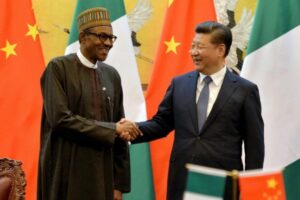 Economists have warned Nigeria of over-borrowing from China and its increased reliance on external loans which could adversely affect the country’s political and economic sovereignty.
Economists have warned Nigeria of over-borrowing from China and its increased reliance on external loans which could adversely affect the country’s political and economic sovereignty.
In the other hand, majority of these loans have a duration ranging from 5 to 20 years with the interest rates from 2.5 per cent- 3 per cent, duration considered to be very high for funding another nation

 Business5 years ago
Business5 years ago
 News5 years ago
News5 years ago
 Crime2 years ago
Crime2 years ago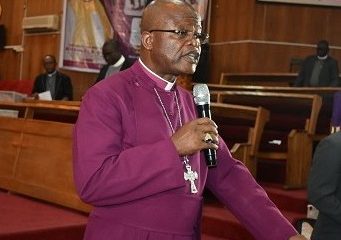
 News5 years ago
News5 years ago
 Football5 years ago
Football5 years ago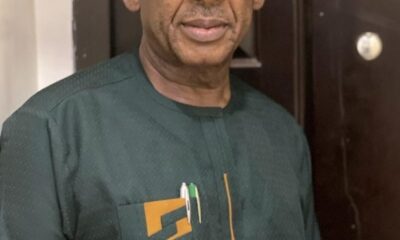
 News1 year ago
News1 year ago
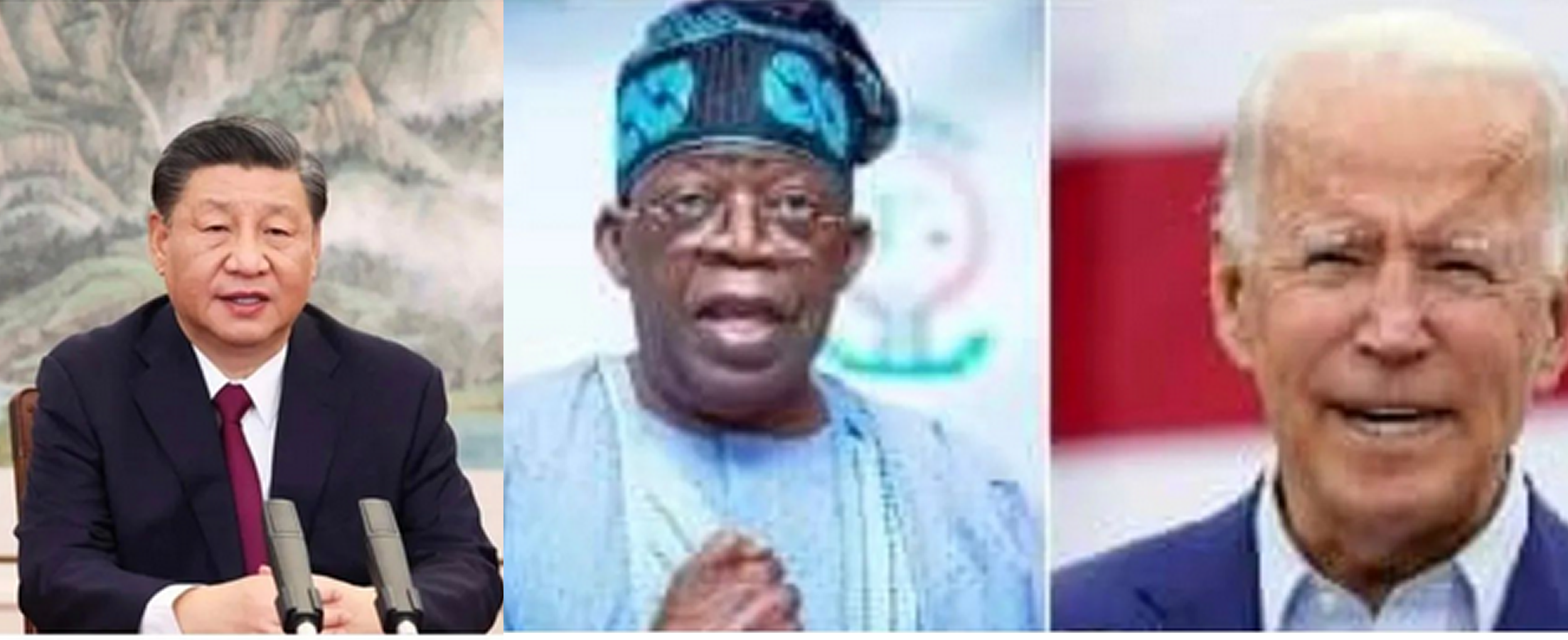

 Research report has shown that Nigeria would require another 3 decades to pay off billions of loans that it owes to China if only it does not sink further into more loans from Beijing.
Research report has shown that Nigeria would require another 3 decades to pay off billions of loans that it owes to China if only it does not sink further into more loans from Beijing. Economists have warned Nigeria of over-borrowing from China and its increased reliance on external loans which could adversely affect the country’s political and economic sovereignty.
Economists have warned Nigeria of over-borrowing from China and its increased reliance on external loans which could adversely affect the country’s political and economic sovereignty.








